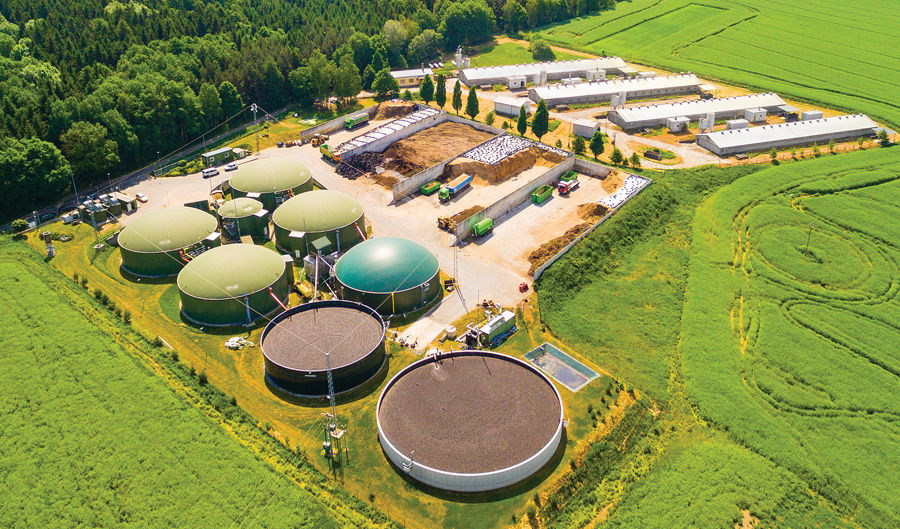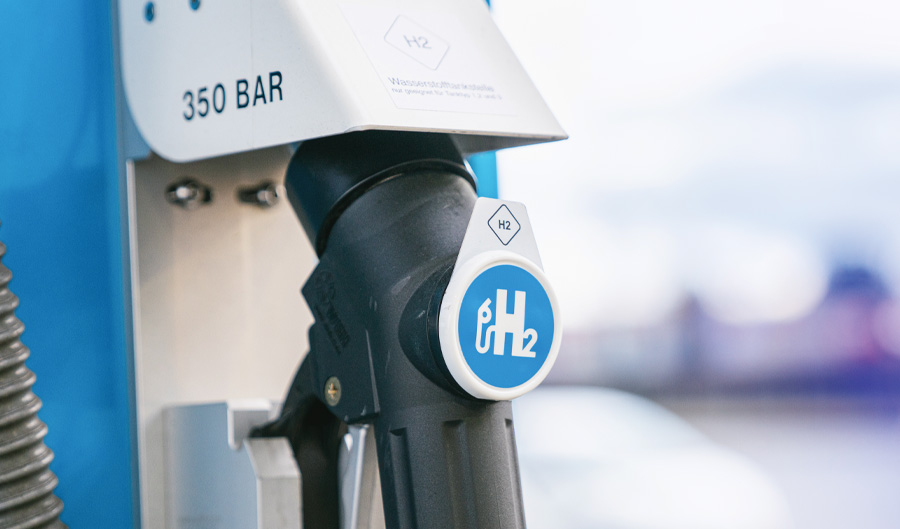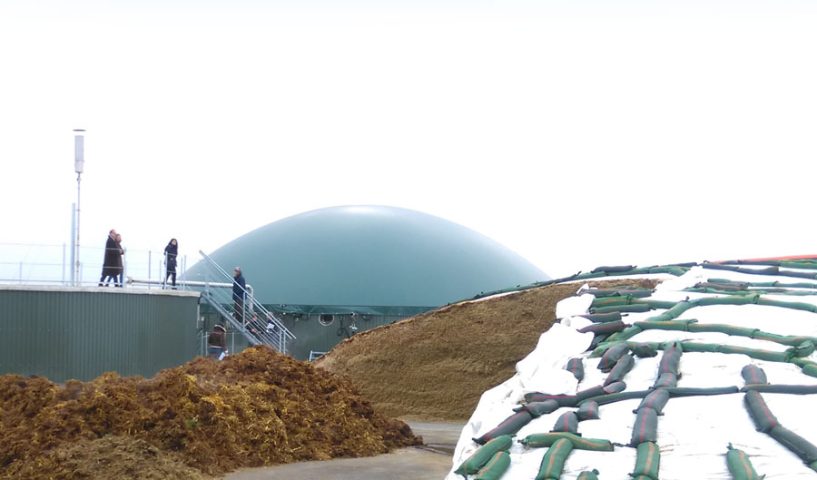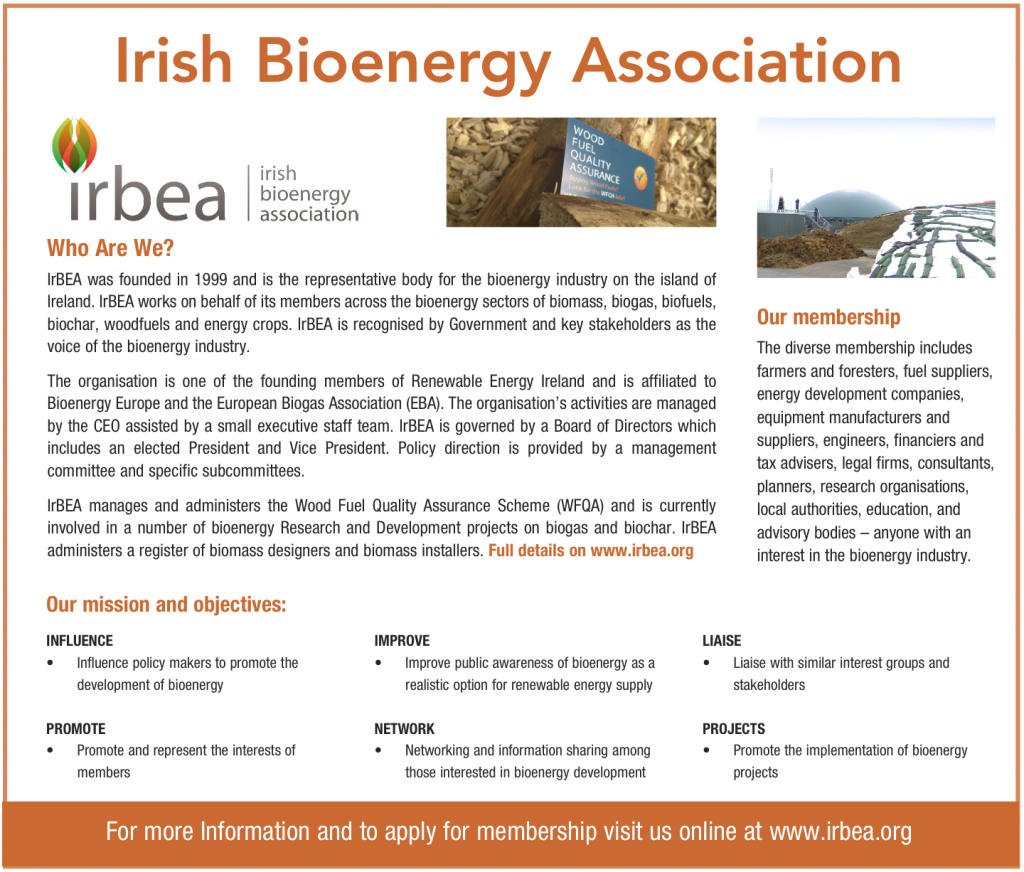
Biogas development crucial for energy independence
12th October 2022
Towards a hydrogen strategy for Ireland
12th October 2022IrBEA: Reducing cost, emissions and supply risk

The UN Intergovernmental Panel on Climate Change (IPCC) have recognised that bioenergy is the largest current contributor to renewable energy across the world. The IPCC strongly highlights the role that bioenergy can play in carbon removal as well as in the development of bioenergy-based fuel alternatives for fossil fuels.
While bioenergy deployment in Ireland is significantly lagging behind Europe, the Irish Bioenergy Association (IrBEA) strongly articulates the potential which exists. A blind spot exists in Irish policy and support towards bioenergy compared to other renewable technologies. There are multi-sectoral benefits associated with the sector which are not valued including rural development, indigenous generated energy, the bioeconomy, enhancing biodiversity and agricultural diversification.
The Support Scheme for Renewable Heat (SSRH) supports renewable heat used in industry while ensuring that biomass is sourced through sustainable forest management as governed by strict criteria in the RED II Directive.
Fossil fuels can be displaced with indigenous resources such as biogas, bioliquids, energy crops, woodchip and firewood. With energy costs at an all-time high, bioenergy offers households and business an immediate indigenous solution to reduce cost, emissions and supply chain risk.
The scale of the challenge in meeting emission reduction targets is enormous. None of the solutions proposed today will get us to where we need to be by 2050. There is a need for policy makers to recognising that all renewable technologies have a part to play. Specifically, a 40 per cent renewable heat target by 2030 should be enshrined in government policy as per the Renewable Energy Ireland (REI) 40by30 report. Solid biomass and biogas/biomethane can do the heavy lifting in decarbonising heat across all sector but particularly in the high temperature heat range. This can complement the ambitious targets for low temperature heat decarbonisation using heat pumps.
The Biofuels Obligation Scheme delivered 520,000 tonnes of CO2 savings in 2020. Biofuel blending levels in petrol and diesel fuels need to be significantly increased. Biogas can aid agricultural emission reduction, through capturing the gas produced by slurries and farm residues using Anaerobic Digestion technology and using the resulting digestate to improve soil fertility. A government strategy and dedicated incentives and supports to mobilise a biogas/biomethane are urgently required.
With investment, support and the right policy framework the potential of bioenergy to assist in reducing cost, emissions and supply risk can be realised.
Seán Finan: IrBEA CEO
E: seanfinan@irbea.org
W: www.irbea.org

